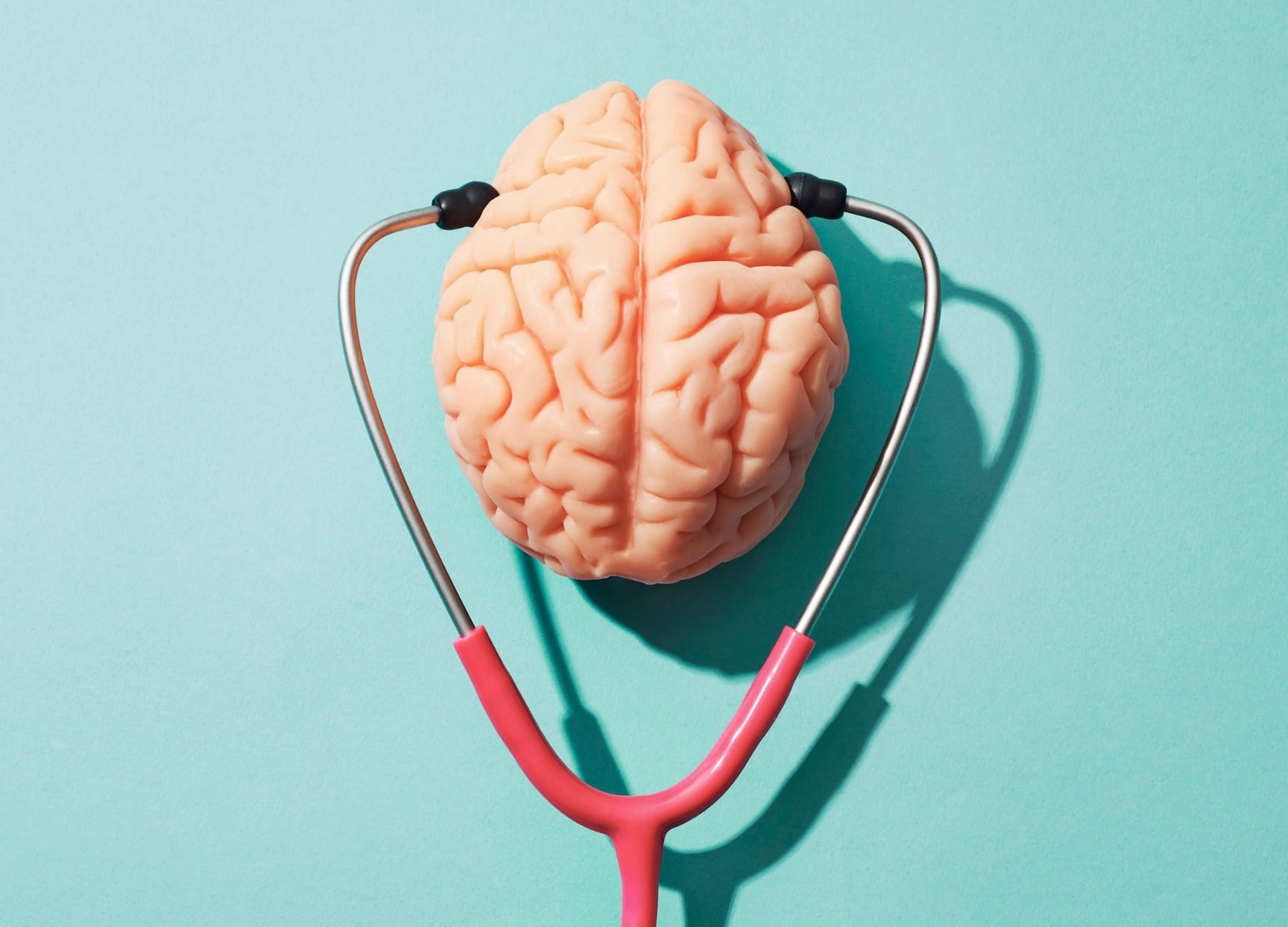Professor Mark Westwood
Consultant Cardiologist
Specialist expertise: Cardiac Imaging, Cardiology, Interventional Cardiology, Chest Pain, Hypertension, Echocardiography, Athletes Heart, Heart Health, Ischaemic Heart Disease.
There has always been a link between mental health and heart health. Our mental health is an important part of our overall health including our emotional, psychological and social well-being. There is known to be a link between trauma, depression and anxiety and stress on the body, including the heart.

Everyone feels worried or anxious from time to time, but these last for long periods of time it may indicate an underlying mental health condition. Around 1 in 4 of us will experience some form of mental health condition during our lives. Common conditions include:
Depression: The feeling of low mood that lasts for a long time. This affects your everyday life with feelings of hopelessness, despair, guilt, worthlessness and a lack of motivation.
Anxiety disorders: The feeling of being worried or afraid that is particularly strong or lasts for a long time and can lead to sleeping problems or panic attacks. This can include phobias and also post-traumatic stress disorder (PTSD).
Personality disorders: A cluster of mental health problem where your attitudes, beliefs and behaviours cause you continuing problems in your life. This includes paranoia, borderline personality disorder and obsessive-compulsive disorder (OCD)
Bipolar disorder: Periods of extreme mood swings of both mania and depression which can occur with psychotic symptoms.
Schizophrenia: Disruption of thoughts, understanding or perception of the world leading to an altered sense of reality.
There is increasing evidence that mental health is associated with risk factors for heart disease. Factors such as an unhealthy diet, lack of exercise, smoking and alcohol consumption tend to be more common in those with mental health issues. However, allowing for this there is emerging evidence that mental health issues also have effects on the heart by altering direct biological pathways. This is over and above the lifestyle factors listed above.
Depression and anxiety over long periods of time can lead to an increased heart rate and blood pressure and changes in certain hormones such as cortisol. Over time these effects can then cause calcium to build up in the coronary arteries (arteries that supply blood to the heart) and lead to metabolic disease and heart disease.
Some heart problems can be potentially life changing such as a heart attack, being diagnosed with heart failure or needing a certain type of pacemaker (called an ICD) to protect against life threatening heart rhythm changes. Mental health disorders such a depression or anxiety can therefore occur as a result of developing one of these conditions.
Some medications used to treat mental health disorders (in particular medications to prevent psychosis) can lead to obesity, diabetes, heart attacks and atrial fibrillation (an irregular heart beat). Some lifestyle choices can also lead to heart conditions. Smoking is known to be a risk factor for narrowing of the heart arteries and heart attacks and alcohol makes heart rhythm problems (such as an irregular heart rhythm) more likely. Mental health conditions also mean people are less likely to keep taking regular prescribed medications and are more likely to be inactive. People with mental health conditions are likely to find it more difficult to cope with stressful situations, increasing the chance of adopting unhealthy lifestyle choices and increasing their risk of heart disease further.
Both anxiety and depression occur commonly with heart disease. In fact, heart disease is closely linked with depression. This is in turn associated with an unhealthy lifestyle which can affect recovery from some heart diseases (such as a heart attack) and increase the risk of others. Mental health conditions are now thought to increase this risk further thereby being an additional risk factor. It is therefore important to be aware of these issues and the significant effects that they may have on your heart.
Here at OneWelbeck, we have a team of specialists, state of the art facilities and diagnostics, and highly competitive financial packages for self-funding patients as well as those with private health care.
CardiologyWritten by Dr Mark Westwood, Consultant Cardiologist at OneWelbeck Heart Health, specialising in cardiac MRI and cardio-oncology.